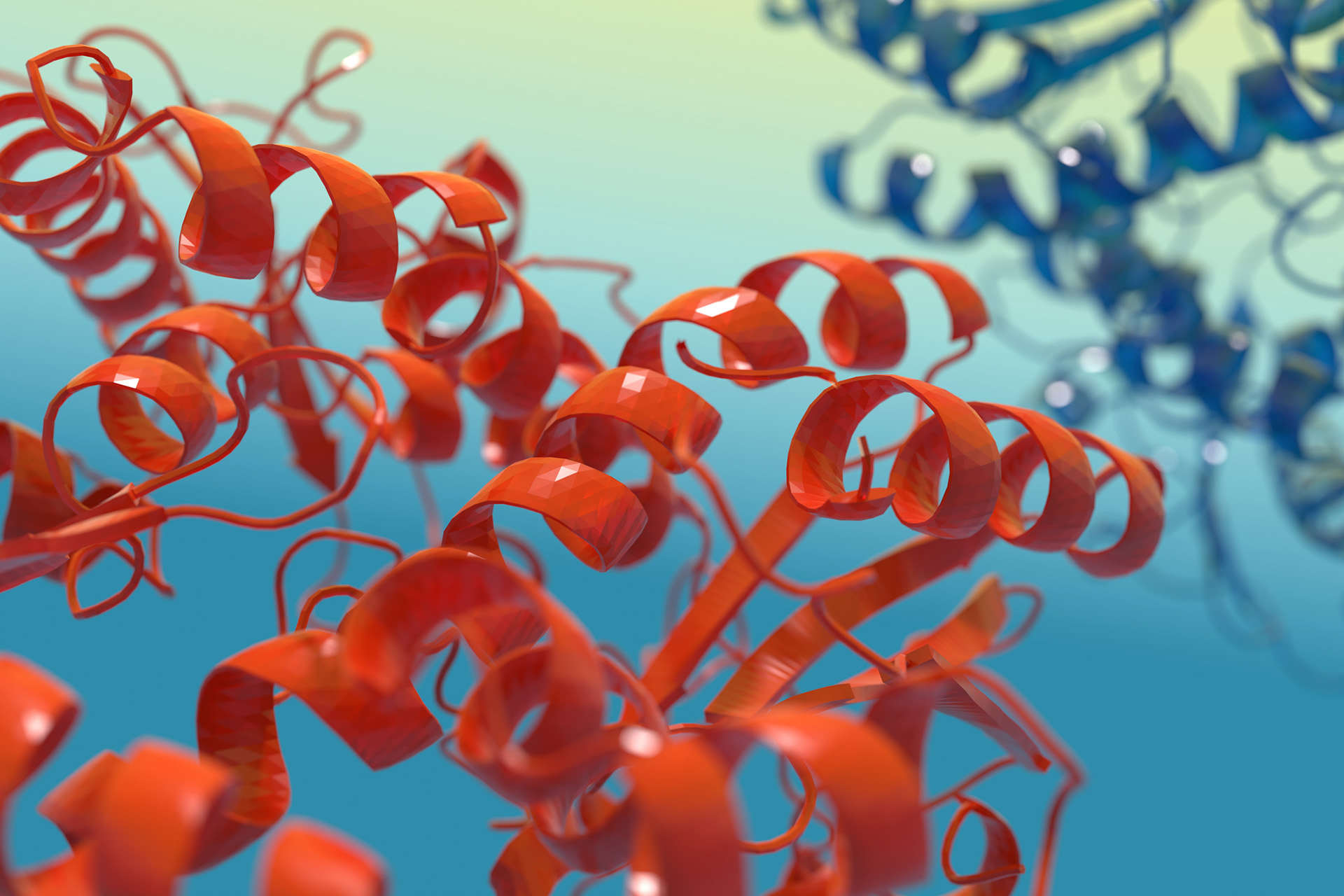Structural Biology
Reduce hit-to-lead timelines by enabling faster, more informed decisions

Atomic-level insight to drive better drug design decisions.
Our structural biology experts work with both X-ray-crystallography and cryogenic electron microscopy (Cryo-EM) to provide visual insight into macromolecular structure, binding interactions and mechanisms of action.
Extensive capabilities allow us to support all target classes, including specialist expertise in membrane proteins.
Structure-based drug design (SBDD) is a critical part of the drug discovery process, enabling the design of new molecules with increased potency. Using our in-house crystallography and cryo-EM microscopy expertise we will guide you through your structural biology project design, delivering high-quality structural data to help you:
- Identify key residues involved in target engagement
- Map chemical space for hit expansion and potency
- Define antibody epitopes for binding
- Accelerate Fragment Screening with the right structural readouts
Learn how collaboration enabled the successful progression of a client’s drug discovery program, read the case study:
Ensuring success with integrated structural biology services
Our structural biologists, biophysicists and protein scientists work as part of one integrated team. This collaborative approach combines elements of protein structure with protein design, ensuring suitability for structural enablement.
As standard we deliver crystallographic grade protein (95% pure), enabling a ‘fresh protein to dataset’ workflow to maximize success and accelerate workflow.
Designed to be fit-for-purpose
- Custom protein is designed to be structurally relevant for your needs
Crystallographic-grade protein
Enabling structural biology with maximum success
- ‘Fresh protein to dataset’ is our primary approach
- Cryo-EM and X-ray crystallography facilities
Creating publishable success
- Assistance with the creation of Protein Databank (PDB) files as required
Cryo electron microscopy (Cryo-EM) services
5 days to a qualitative structural insight | 5 weeks to full PDB model generation
Cryo-EM is a powerful complementary technique to X-ray crystallography, as it can handle large, flexible complexes that do not readily crystallize. The samples are prepared in solution, making it possible to solve structures of multiple states in a single sample for investigation of protein dynamics.
Industry-leading Cryo-EM workflow timelines, delivered by novel approaches
Maximize success in minimal turnaround time:
- Speed – High-resolution data in 2 weeks, final PDB model delivery in only 5 weeks
- Peace of mind – After only 2 weeks a guarantee* of final high-resolution map reaching the claimed resolution
.png)
Our robust process includes:
- 2D Classification – classifies particles into groups of 2D classes and selection of 2D classes to progress
- 3D Classification – further refinement to high resolution structures
- Uninterrupted access - Data acquisition performed at both UK and EU based synchrotron facilities
X-Ray crystallography services
The key to X-ray crystallography success is the initial crystallization of the target protein. Our expert team work to produce:
- High crystal hit rate - initial crystallization screening utilizes fresh protein
- Optimal crystal quality - subsequent optimization rounds of crystallization screening may be employed
- Versatile - co-crystallization and / or soaking experiments dependent on requirement
- Uninterrupted access - Data acquisition performed at both UK and EU based synchrotron facilities
Structurally enabled fragment screening
Accelerate lead discovery
Our Structural Biologists support fragment-based drug discovery by providing:
- High-throughput crystal soaking for structure-guided screening
- Simultaneous hit identification and structural readouts to reduce attrition and speed up hit expansion


